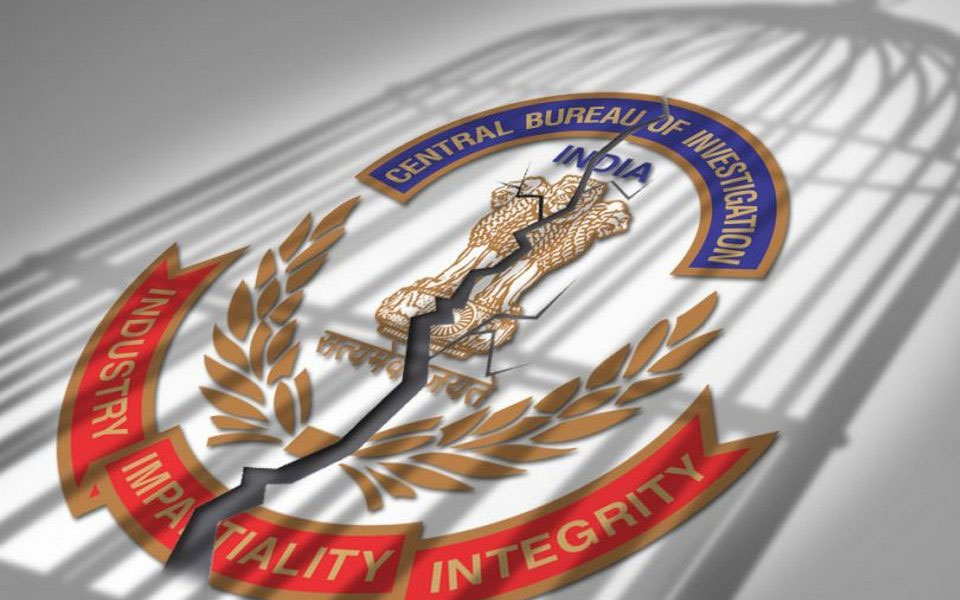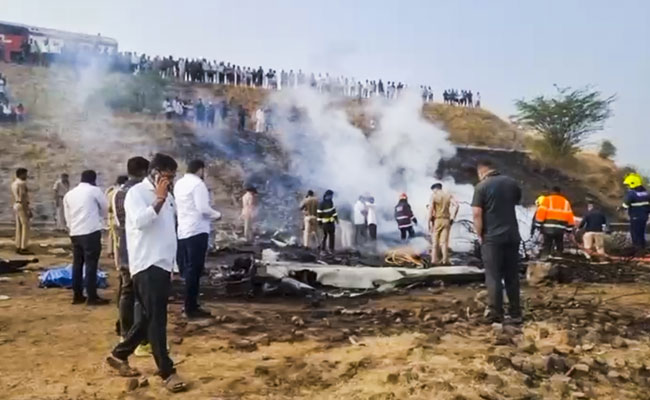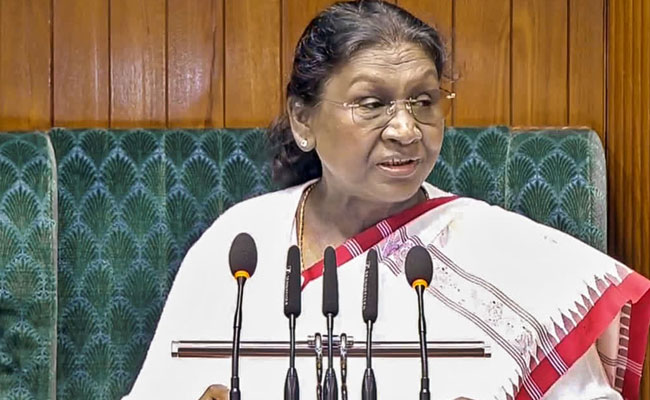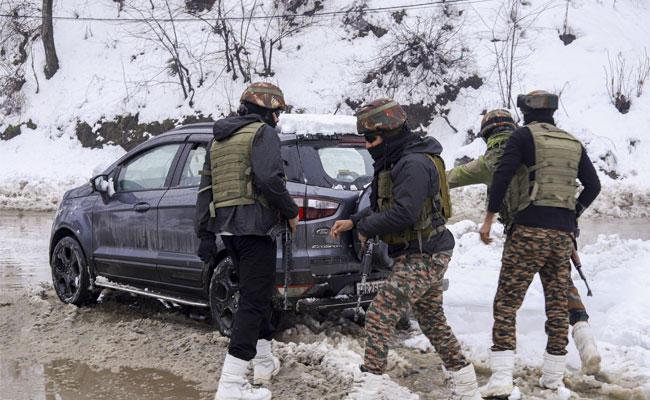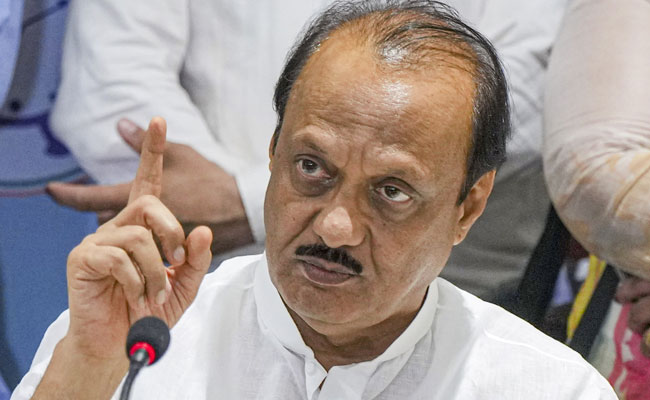Just as the skirmishes between CBI and the centre continue, the issue has now turned into a clash between the states and centre Andhra and West Bengal have now insisted that the CBI officers have to seek permission from states before entering them on work. States have to give permission to Delhi Police Establishment to carry out searches or investigation, in any state. If this permission does not come through, the CBI cannot enter the states. Now both states have withdrawn the permission they had given earlier. If more states join this bandwagon, it wouldn’t be too unexpected a move. It is noteworthy that both the states are not ruled by the BJP. Centre has criticized this move by the states. It has mocked that by closing doors on the CBI, states have proved that they are indeed corrupt. But who brought CBI to this sorry state? The central government has to do some introspection on this.
CBI is often criticized as a caged parrot that obeys the commands of its masters in power in Delhi. It works to please any party that rules the country. Any party that assumes power at the centre will most certainly use the CBI to fulfil its agenda. The previous UPA government is no exception either. But there is a limit to this. Central government had never gotten down to fight with the CBI so openly. Its credibility was never brought under a magnifying glass of suspicion or trust. CBI officers had never revolted against the Centre. CBI has lost its credibility after Modi assumed power and the central government is directly interfering with its functioning after Modi became the PM. This has reached such a boiling point that CBI chiefs have stood out openly against the government. Today, the future of CBI is in the hands of Supreme Court.
Under such circumstances, the government can use the officers who have lost trust, to fulfil its own agenda. Hence states cannot be blamed for denying permission to CBI in their jurisdiction. In the past, opposition parties would blame the central government if the latter interfered with its functioning. Some would use this as a pretext to defend their false integrity too. Hence all the accusations within the CBI cannot be taken at face value. But the person who has raised concerns about CBI’s functioning is none other than the headman himself. Government should have taken this opportunity to smoothen the functioning of the agency. This was the duty of ruling dispensation. But, the government acted in haste and sent both warring officers on leave. There are rumours that Rakesh Asthana was working in favour of the central government. He was the mole that would inform the central government about the activities of CBI and the cases that were being investigated. This was the sole reason Asthana was appointed in the agency.
These charges were not made by some opposition party or leader, but by the CBI chairman himself. Instead of checking the veracity of his claims, the government acted in haste and sent both officers on leave. The main reason behind sending Varma in leave was that he had taken Rafale deal investigation very seriously and was putting together major evidences pertaining to the case. The new incharge officer is directly in favour of BJP since long. This is no secret either that his family transferred money to BJP in the past. Also, the Supreme Court has also clipped his wings. He cannot take any decision or discharge duties on his own. Central government may well use every opportunity to engage every favourable officer within the CBI to meet its own requirements. General elections are fast approaching and economic decisions have created an atmosphere of intolerance among people. BJP is trying to face this elections with Ram Mandir as a moot issue. Secular forces are coming together under a single banner with Chandrababu Naidu in the lead.
He is trying to bring others together too by way of talking to them. The Modi government that has used CBI to silence its detractors may not hesitate to unleash the same strategy on dissenting leaders of states and even the states are apprehensive about this. How can the CBI, which has a case pending against itself, carry out raids or arrest leaders when its own credibility is at stake? The central government that feels states should not interfere with CBI’s functioning could have allowed the Rafael investigation to complete as well? Sending Varma who was investigating complaints against Asthana on leave is to interfere with the CBI functioning, isn’t it?
Hence the states to maintain a distance between the CBI and themselves, till the accusations and counter accusations reach a logical conclusion is a safe thing to do. It’s even justified. The Supreme Court needs to reinstate the faith of people on CBI by erasing the blots on its functioning right now and return the trust and glory of a premier investigating agency, sooner than later.
Let the Truth be known. If you read VB and like VB, please be a VB Supporter and Help us deliver the Truth to one and all.
Hyderabad (PTI): The Aircraft Accident Investigation Bureau (AAIB) will probe the plane crash at Baramati airport that killed Maharashtra Deputy Chief Minister Ajit Pawar and four others on Wednesday.
The Learjet 46, operated by Delhi-based VSR Ventures, crash-landed at the airport. There were five people onboard, including the crew members, according to the aviation regulator DGCA.
A senior official told PTI that the AAIB will be visiting the crash site and it will be investigating the accident.
AAIB is responsible for classifying safety occurrences involving aircraft operating in Indian airspace as accidents, serious incidents, or incidents. It carries out detailed investigations into accidents and also suggests measures to improve safety.

